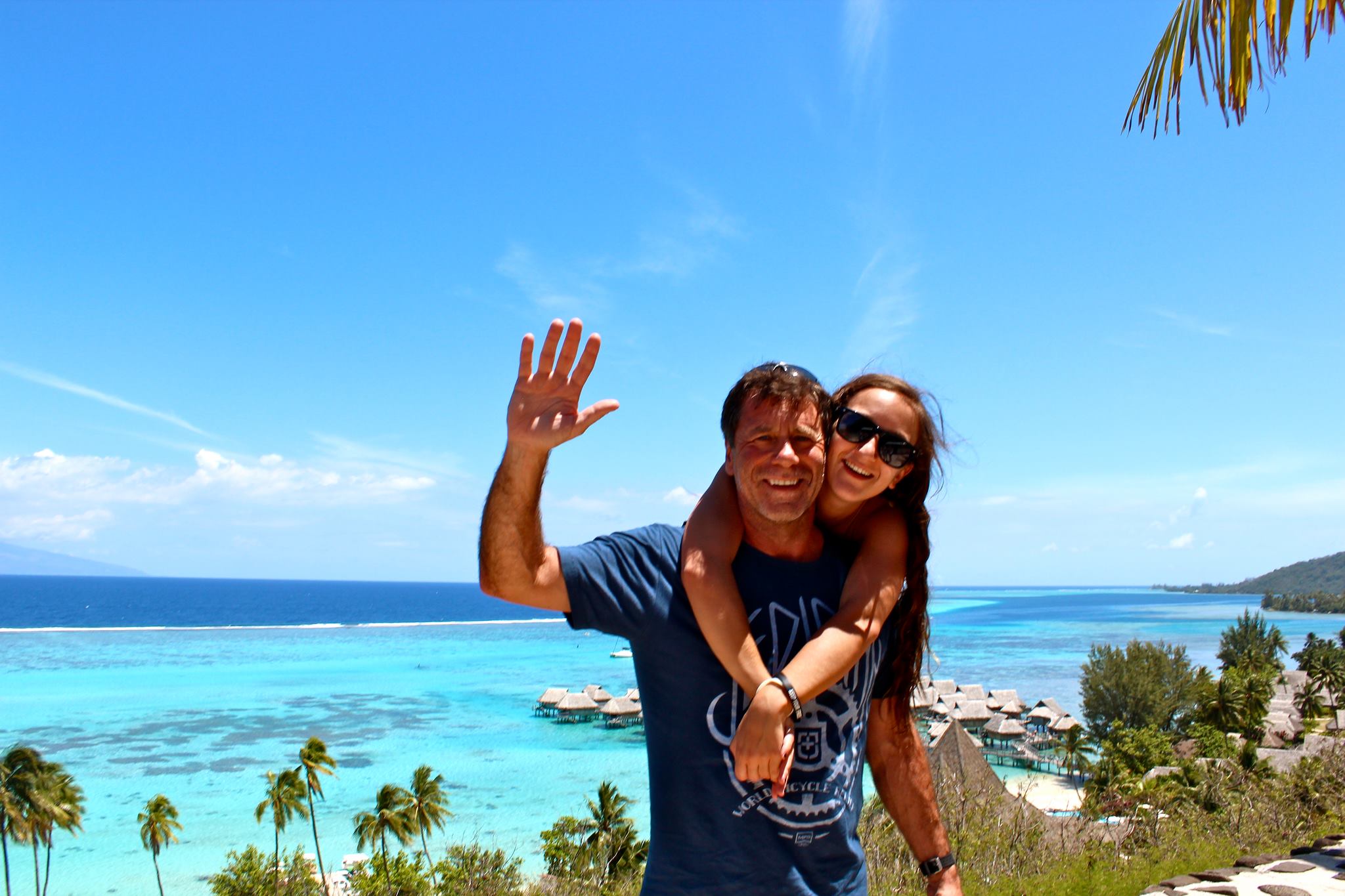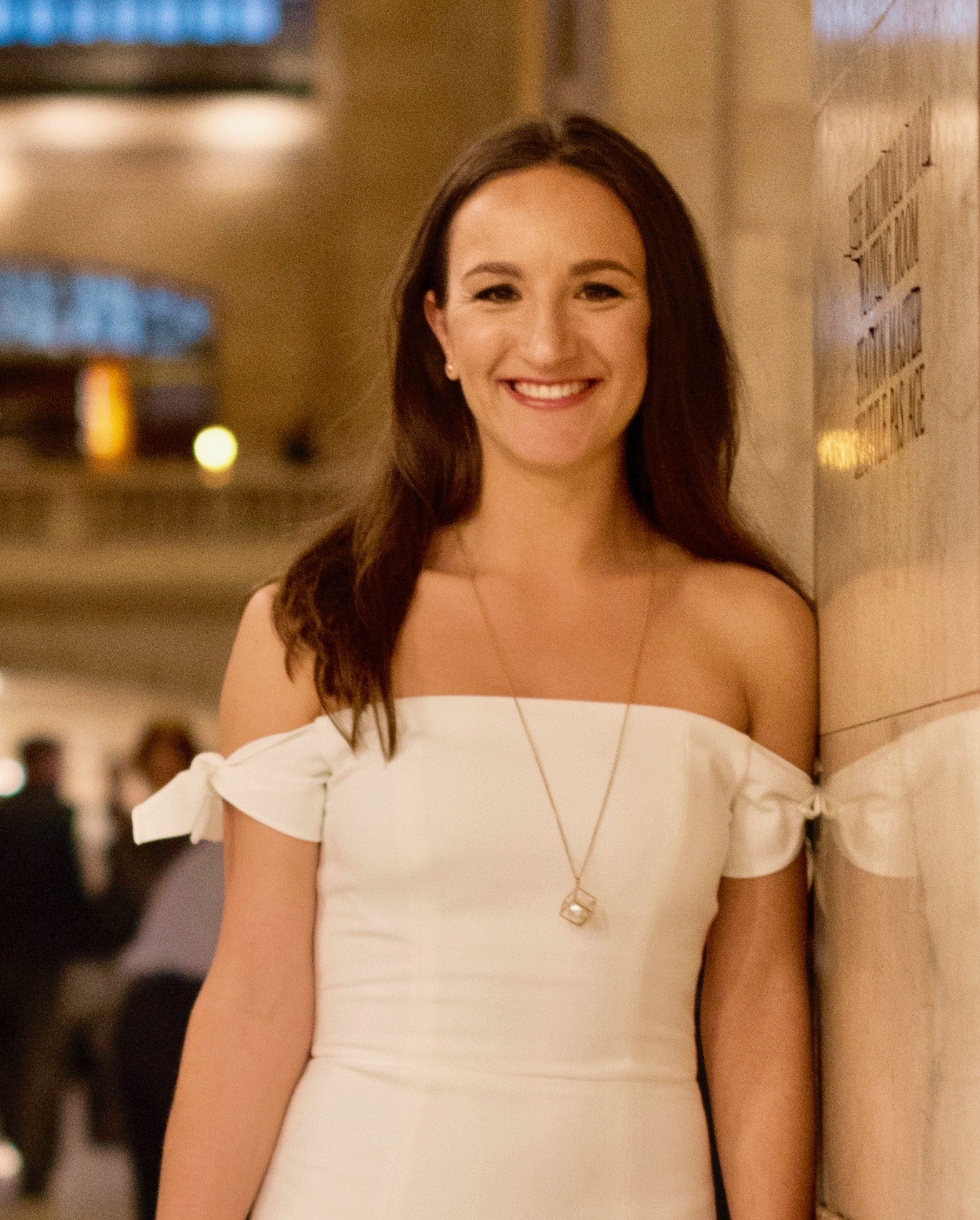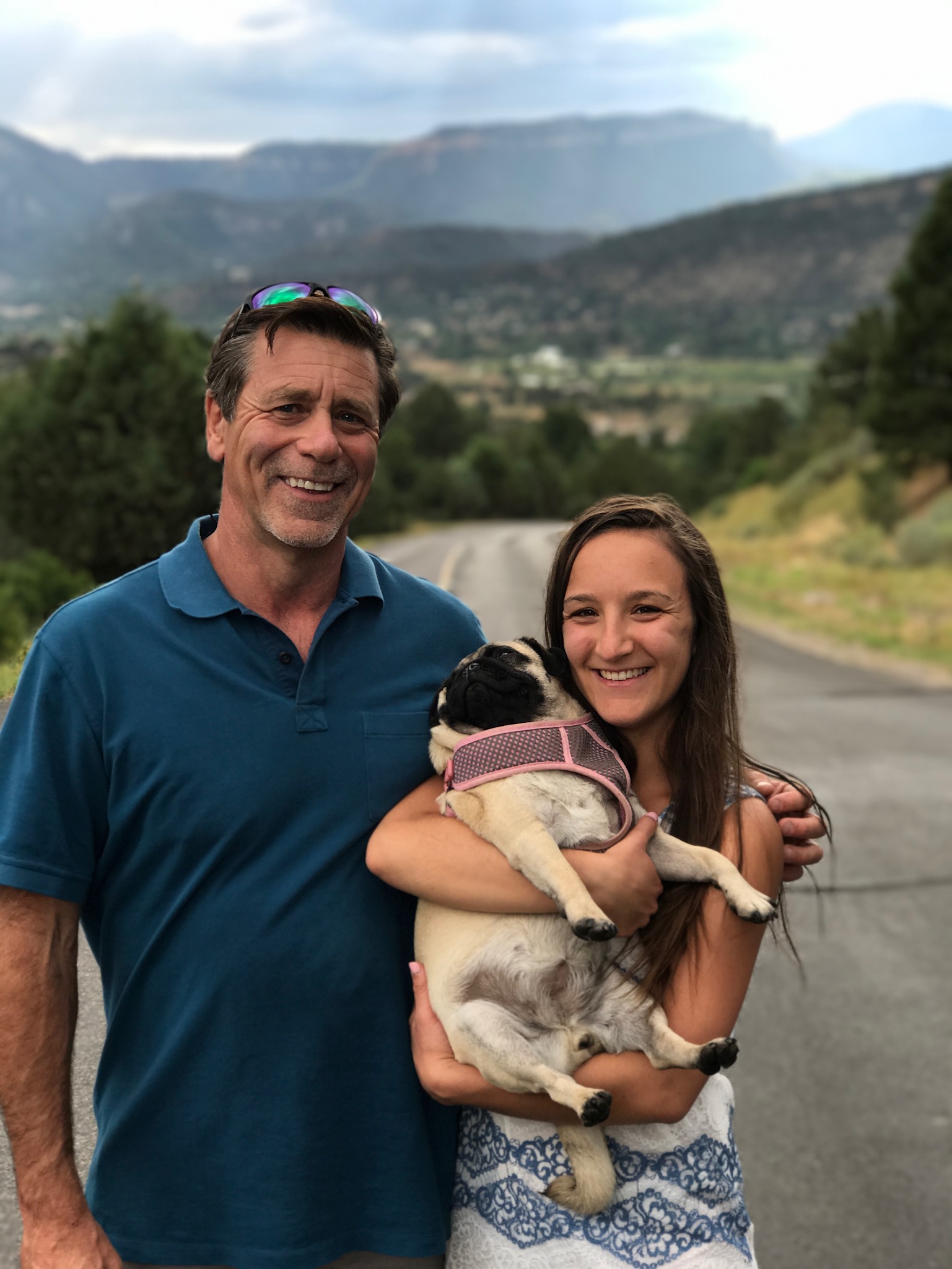I was 25.
It had been a fun Saturday with my boyfriend and his parents. We had gone to a basketball game at Madison Square Garden, indulged in a few cocktails at a fun rooftop bar, and were enjoying a delicious dinner at a swanky restaurant in the Meatpacking District of New York City. It was at dinner that I got a call from Victim Services. They told me that my dad had been skiing that afternoon and that he didn’t make it down the last run of the day.
My entire body went into shock. I fell over the way a cardboard cut out would if you tipped it over- completely straight and with locked limbs. The restaurant staff supported me to exit through the back and my boyfriend’s family helped carry me out.
We booked plane tickets and went to pack for my father’s funeral, with seemingly every item I pulled from my closet soaked with tears by the time it arrived into my suitcase. Before I knew it, we were on a one-way flight to my hometown, where my biggest indicator of “home” was permanently gone.

It was honestly only a few days following my dad’s death that an overwhelming urge to making something “better” of my life came over me. This surprised me. It was as if my dad departed briefly from the afterlife to visit me and planted a seed, an urge, inside of me, passing the baton from the risk-taker and visionary he was onto me.
In my strong moments, this urge brought me hope. I could feel that seed growing when I occasionally saw faint glimmers of light at the end of the nauseating, dark and confusing tunnel that is grief. But, for the most part, I couldn’t make sense of that seed. I would think:
“How could things ever possibly get ‘better’ after this?”
“How could I even want them to?”
“How would there ever be such a thing as a happier life that my dad isn’t part of?”
The sentence itself is an oxymoron.
But that seed, that urge, that compulsion toward “better” persisted.
At that point in life, I was working as a coordinator at a non-profit. I lived with my boyfriend in New York City and we were happy. I had started a blog a few years before that was a creative outlet and an additional source of income around my 9-5 job. Things were good and I was happy.
When my dad passed away, that urge grew into a complete obsession to transform my life. You’ll often hear those that suffer from grief develop a new appreciation for life as they’re shown quickly it can get taken from you.
While I did experience this shift in perspective, I felt that my grief transcended a new appreciation. It manifested into a ruthless ferocity and utter refusal to accept anything for myself other than what made me feel alive. It shined a light on how frequently we as a society don’t feel alive. How frequently we go through motions without any life in them at all.
I started listening to fierceness within me closely, even though it didn’t make sense. That ferocity to change my life was the most “alive” I had felt since my dad had died. It’s no coincidence that following that feeling of life made the metaphorical seed within me grow. As it grew stronger, so did I.

Within a year of my dad’s passing, I:
- Grew my side hustle to make more than I was making at my 9-5 job,
- Resigned from my job,
- Began working for myself, and
- Built my website into a six-figure business.
More importantly, I got engaged to my boyfriend. We’re planning our wedding in New York City, and I couldn’t feel more confident about going into this chapter after having already endured such brutal trauma together.
I know now that seed is, in fact, my dad. He is seeking expression to continue living through me.
We all have this from our parents, whether they’re alive or not. That’s what it means to be someone’s legacy. To be his legacy is the honor and privilege that has kept me going through crippling grief.
I still don’t know all the answers to the questions that haunted me when I dared to make life “better” again after losing the best thing in my life, and that’s okay. But what I do know is this:
The single greatest way you can honor yourself and your loved one who has left is by making the most of yourself. It doesn’t mean that your sadness or grief will go away, but I have found that I don’t want it to. It’s your ability to keep going through the sadness that you become strong and better equipped to make something extraordinary out of your life.
Trust me, I remember wanting to slap anyone across the face that told me that grief would make me strong. I didn’t want to be strong. I wanted my dad. If you feel that way, that’s okay. I still want my dad. That’s what grief is.
Honor that grief. It’s your superpower. You can literally see through fear like the illusion and impostor it is, and you’ll discover that you can truly live out whatever makes you feel alive on the other side. You’ve unlocked a strength within you that would make moving mountains seem simple.
Take that strength to paint your life into the masterpiece you know it can be, and feel the presence of your departed loved one by doing so. There’s a whole wonderful world out there waiting for you.

In loving memory of Paul Gervais. This is for you, dad!



